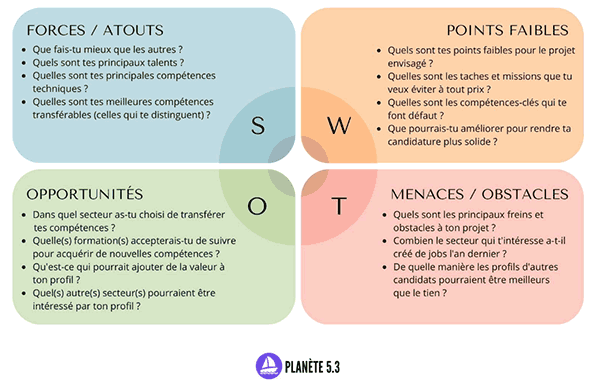A new study shows that senior managers use their time more efficiently than middle managers. Their level of procrastination is lower, and they focus more on the future of their career.

Do you tend to do things at the last moment, to take life “as it comes”? Well that would be bad for your career! A study carried out by psychologists from the Higher School of Economics has in fact just proven that those who “succeed” at work (senior executives, managers, etc.) are those who procrastinate the least… and who are focused on the future of their careers.
Analyze the “relation to time”
Study authors Alla Bolotova and Anastasia Chevrenidi of the HSE School of Psychology compared three types of data for their study: time perspectives, procrastination levels and life-specific orientations. The study involved 120 participants: “middle” managers and senior managers, working in Moscow. The senior management group ranged in age from 38 to 55, all with degrees and 6 to 21 years of professional experience in senior management positions. The middle management group was between 31 and 52 years old, also graduates and with 3 to 17 years of professional experience in a management position.
A matter of time perspective
They first assessed participants’ time perspective, using a test developed by P. Zimbardo and J. Boyd. The participants had to read 56 sentences related to the relationship to time (for example: “I often think of what I should have done differently”, “I am happy to think of my past”, “If something is destined to happen, it doesn’t depend on my actions” or even “I think that every morning, we should plan our day”) and indicate whether they agree with it or not. The results of this first test showed that senior managers generally attach great importance to future prospects, while the middle management groups have a more epicurean attitude and rely more often on “fate”.
To “measure” procrastination, the researchers used the general procrastination scale developed by C. Lay and adapted by O. Vindeker and M. Ostanina. The questionnaire consisted of 20 sentences (for example: “I usually make decisions as quickly as possible”, “I usually do everything that was planned for the day”, “I always say: I will do it tomorrow”). Again, the participants had to indicate whether these quotes corresponded to them on a scale of 5 points. The results showed that the level of procrastination among senior managers is lower than that of the middle management group: 53.45% compared to 57.2%.
Senior managers spend more time planning
The final test is the Life Purpose Test (PLT) developed by J. Crumbaugh & L. Maholick and adapted by D. Leontiev. It allows to evaluate the “source” of the meaning of life for a person: in the future (objective), in the present (process), in the past (result) or in the three components of life. The results showed that senior managers are more focused on the future. According to the authors of the study, this shows that career planning and building are the basis for success.
Indeed, by examining the cumulative results of the three tests, the researchers found a correlation between levels of procrastination and time perspectives. Middle managers procrastinate more, but are also more influenced by their past and do not pay enough attention to their future career. They have, according to the researchers, more fatalistic ideas than senior managers, who themselves find it easier to set goals to build their career. The researchers therefore conclude that individuals prone to procrastination are less able to control a situation or make decisions.
.
















